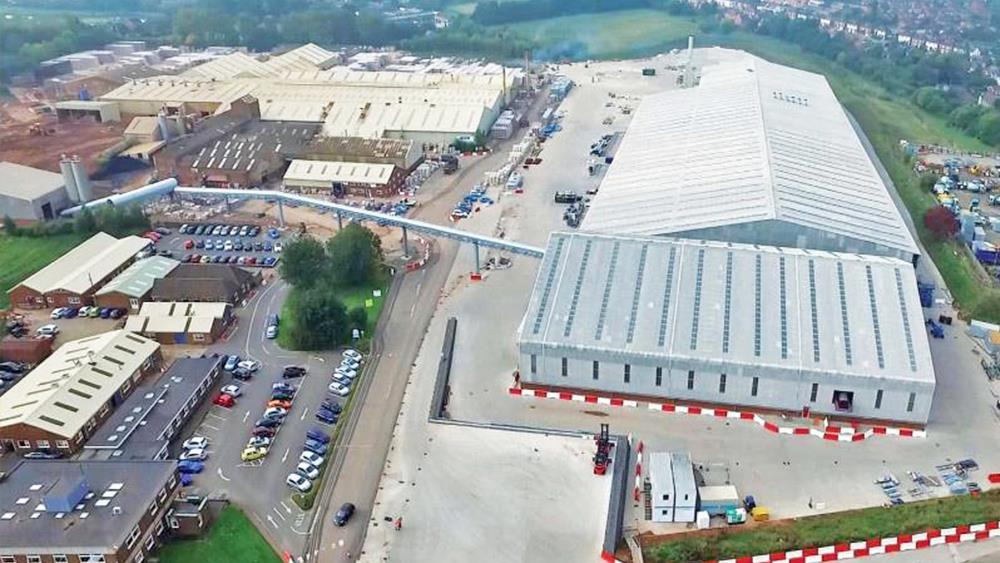

Ibstock has released an Interim Results Statement for the six months to 30 June 2020.
Following a temporary cessation of production activities in late March, the company introduced safe working practices and protocols that allowed a phased re-opening of production from May.
Since then, clay sales volumes have recovered to around 60% of prior year levels in June, from 10% in April, with recovery in the merchant channel outpacing house builder volumes. The concrete side of the business delivered a more resilient performance, underpinned by RMI and infrastructure markets, with volumes at 80% of prior year levels in June from 30% in April. In July, clay sales volumes rose to around 80% and concrete sales volumes to around 85% of prior year levels.
Nevertheless revenue declined by 36%, with significant reductions in both the Clay Division (down 43%) and the Concrete Division (down 15%).
A Group-wide restructuring programme was implemented to reduce cost. This included the closure or mothballing of three clay factories and the announcement of several hundreds of redundancies. The aim is to achieve up to £20 million of annual fixed cost savings in 2021.
With adjusted earnings down 84%, reflecting lower sales volumes, the company faces profit losses of £52 million before tax (2019: £41 million profit) that reflect its weaker performance and costs of £41m related to the COVID-19 crisis and restructuring.
While the company says that the outturn for the year remains difficult to predict given the significant remaining COVID-19 uncertainty, it is confident that the fundamentals for its markets remain positive and that actions taken to strengthen the business and enhance operational flexibility leave it well positioned for recovery in its core markets.
Joe Hudson, Chief Executive Officer of Ibstock plc, commented: “The COVID-19 pandemic has created unprecedented challenges for our industry and the wider UK economy. In response, we have taken swift and wide-ranging action to safeguard the future of the business, including some difficult decisions about the future shape of our manufacturing network. Throughout this period, the health and safety of our colleagues has been our key priority, and I would like to thank them all for their dedication and support over the last few months.
“We entered the crisis with a strong balance sheet. Decisive management action at the outset of the pandemic to control costs and preserve cash ensured the Group was adjusted free cash flow positive during the second quarter and we remain in a solid financial position. With new safe working procedures in place, the majority of our manufacturing plants have now reopened and we are encouraged by recent market trends.
“The fundamentals for our markets remain positive, with a substantial housing deficit in the UK and Government policy which is supportive of the role the construction sector will play in the UK economic recovery. The action we have taken to strengthen the business and improve liquidity, including measures to reduce costs and restructure our operations, provide further flexibility and position us well both to meet current challenges and benefit from recovery in our core markets.”
The company has also released its sustainability report for 2019.